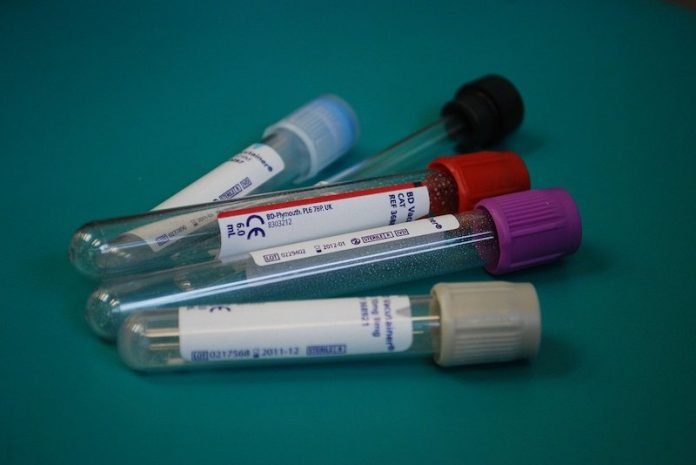
There are four main blood types: A, B, AB, and O. It’s not clear why blood type might influence susceptibility to severe disease.
A recent study from the Severe COVID-19 GWAS Group found that a person’s genes and blood type may help determine their odds for a nastier form of COVID-19, should they get infected with the new coronavirus.
They showed that people with blood type A had a 45% higher risk of catching coronavirus and developing “COVID-19 with respiratory failure,” compared to people with other blood types.
On the other hand, people with type O blood had a 35% lower risk for this more serious form of COVID-19.
The findings help confirm earlier, more anecdotal evidence that blood type was tied to better or worse illness.
The study is published in the New England Journal of Medicine.
In the study, the team analyzed the genetics and blood types of more than 1,600 COVID-19 patients from Italy and Spain, as well as more than 2,200 healthy controls.
Besides the findings on blood type, the team also found that certain gene clusters were tied to higher odds of developing severe COVID-19—one such cluster raised the risk by 77%.
According to a researcher from Lenox Hill Hospital in New York City, it is possible that genes that control blood type also play a role in the makeup of the surface of cells.
Changes in cell-surface structure might influence the vulnerability of the cell to be infected by the new coronavirus.
The genetic insights from the European study could also offer up new targets in the search for a COVID-19 vaccine.
Copyright © 2020 Knowridge Science Report. All rights reserved.



